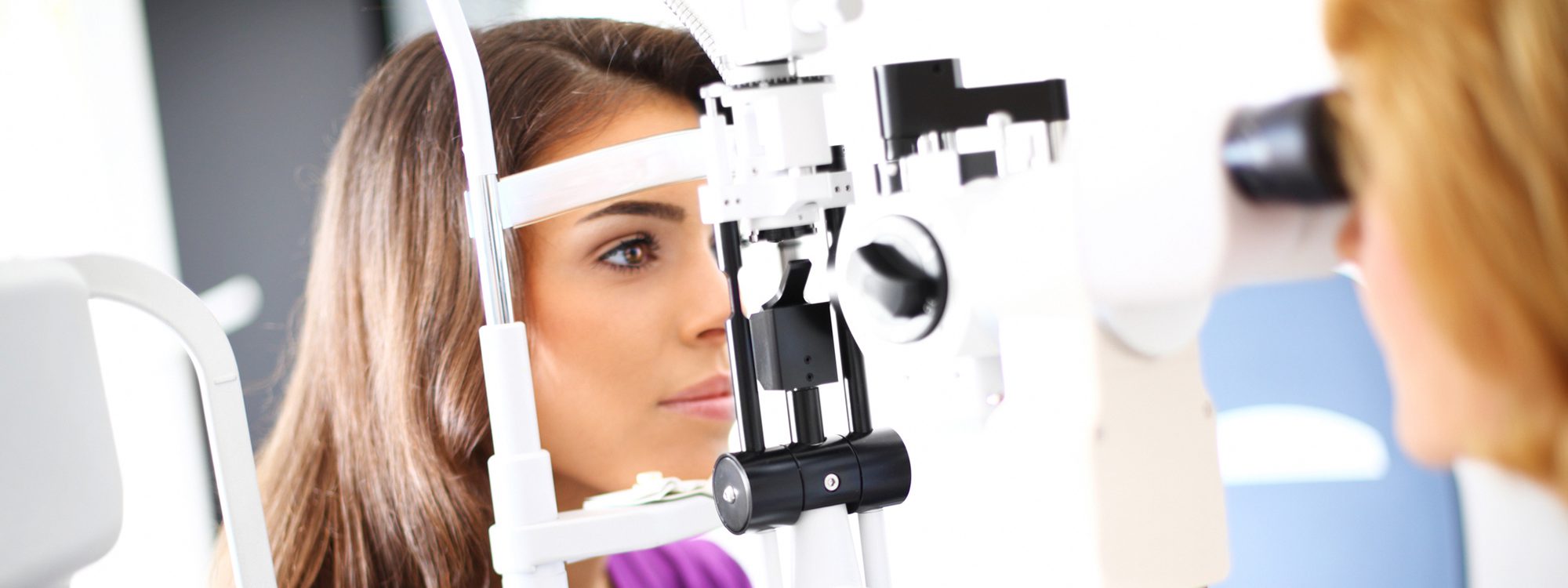Night Glare After Laser Surgery (TLC Branded)
Concerned about Night Glare
Following Laser Vision Correction?
Over the past several years there has been a lot of coverage on the issue of night glare and laser vision correction which has raised many questions. While there will always be risks associated with any surgical procedure
including possible night vision problems
today s laser vision correction is exceptionally safe and effective.
The level of laser technology
patient screening protocols and the overall standard of care provided by the laser vision correction provider can make a dramatic difference in what visual outcome your achieve
including your night vision. Unfortunately
the night glare studies highlighted in local and national media represented a very small sample patient group and were the results of six-year-old technology
now considered archaic in such a dynamic industry.
To illustrate
the frequently referenced Dr. Jory study included only 38 patients with higher prescriptions who may have had diminished night vision before surgery. This is a very small sample size
given that as of March 2003 over 11.9 million laser vision correction procedures have been performed worldwide.
In reality
many studies have been done that have shown excellent results with laser vision correction; some patients even have improved night vision. A recent carefully controlled study showed that most patients actually have improved contrast sensitivity after surgery.1
A recent FDA study using results from TLC Laser Eye Centers doctors using scanning laser technology showed 9% of patients had improved night driving vision after LASIK
and 99.5% of patients in the FDA study stated that they were satisfied with their results. TLC Laser Eye Centers alone has treated over 4000 doctors
and 2000 of them were eye doctors!
It is true that a small percentage of patients may experience night vision disturbances. Some are temporary while others are more longstanding. Centers such as TLC Laser Eye Centers have invested in state of the art diagnostic testing equipment
the most up to date lasers (including Custom LASIK technology) that can help to substantially reduce your risk of disturbance of your night vision.
Laser vision correction surgery is not for every patient. It is important that patients choose a laser vision correction provider/surgeon that will require a comprehensive preoperative examination and carefully evaluate your suitability for surgery. If you are an appropriate candidate
they will determine the best procedure to minimize any risk and maximize your chances of success.
Finally
testing that should be performed prior to your surgery by your doctor and/or the laser vision correction provider include:
- Detailed patient history to rule out potential problems
- Comprehensive eye examination including a cycloplegic refraction
- Dilated retinal exam
- Computerized corneal topography and wavefront reading
- Corneal thickness measurement
- Pupil size measurement under both light and dark conditions with the Colvard pupillometer.
This extensive array of testing will help minimize any potential complications and ensure that your results are optimal. Our experience has shown that TLC Laser Eye Centers sets the standard in diagnostic testing and patient care. We appreciate the trust that you place in us and will do everything within our power to facilitate your success.
For more information
please contact our office.
1. Perez-Santonja JJ
Sakla HF
Alio JL: Contrast sensitivity after laser in situ keratomileusis. J Cataract Refract Surg 1998;24(2):183-9.

